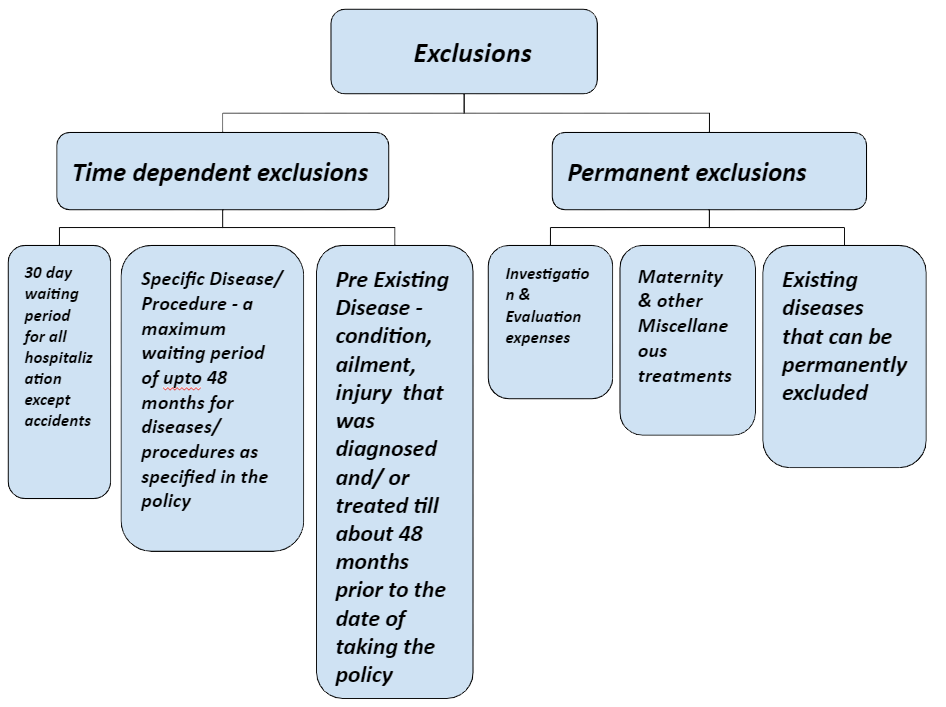Get an instant quote of
Red Carpet Claims

Bootstrapped Company 450+ Clients 10,000+ ClaimsSettled
 Get a free review of your
Get a free review of your
policy today
We respect your privacy
